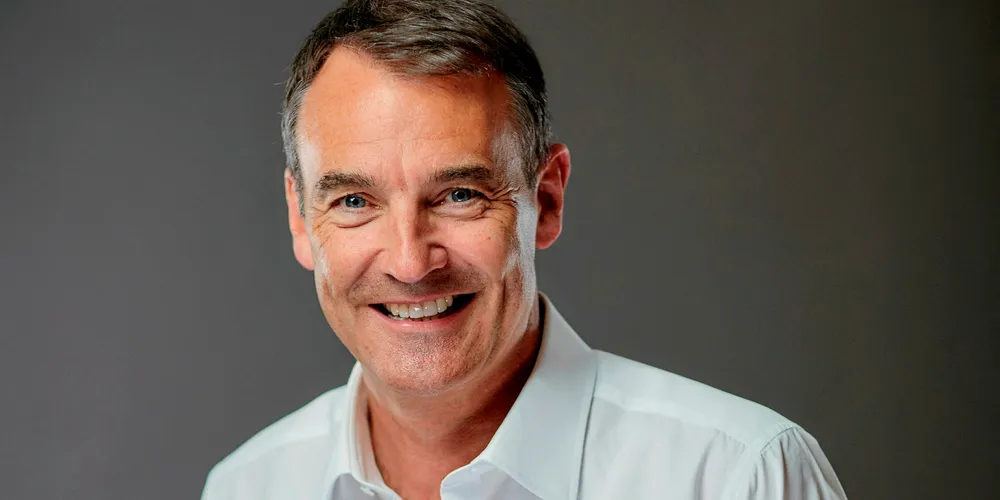BP announces 'ambition' to become a net-zero-emissions company by 2050
New CEO Bernard Looney says the group will invest more in low-carbon businesses and less in oil & gas 'over time'

New CEO Bernard Looney says the group will invest more in low-carbon businesses and less in oil & gas 'over time'
